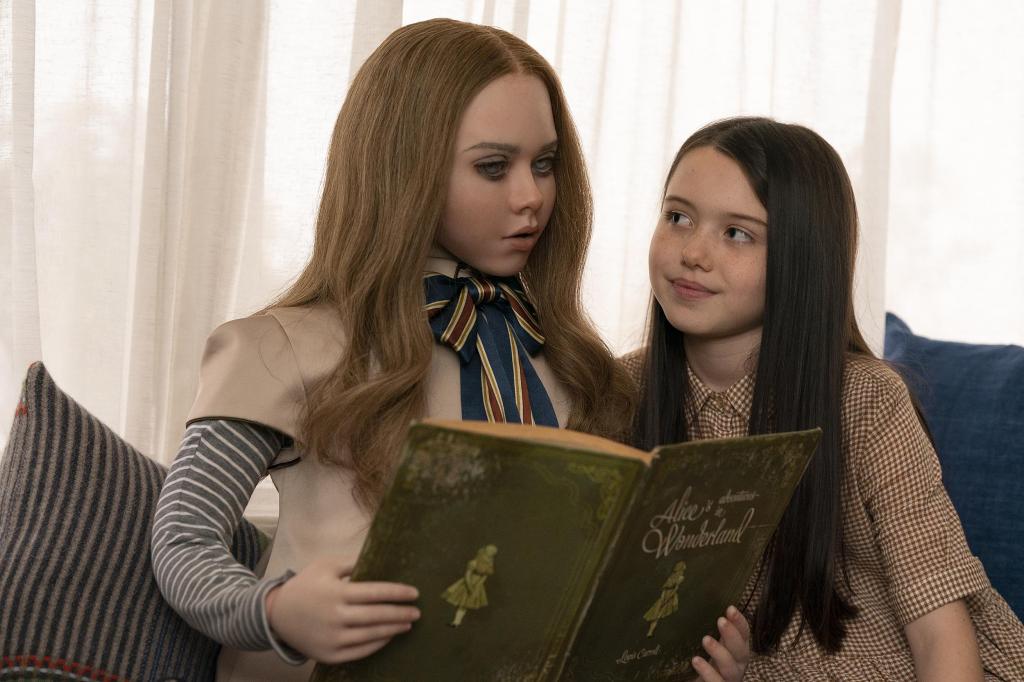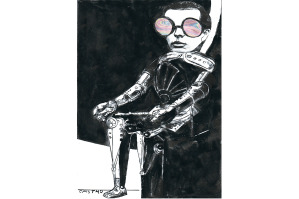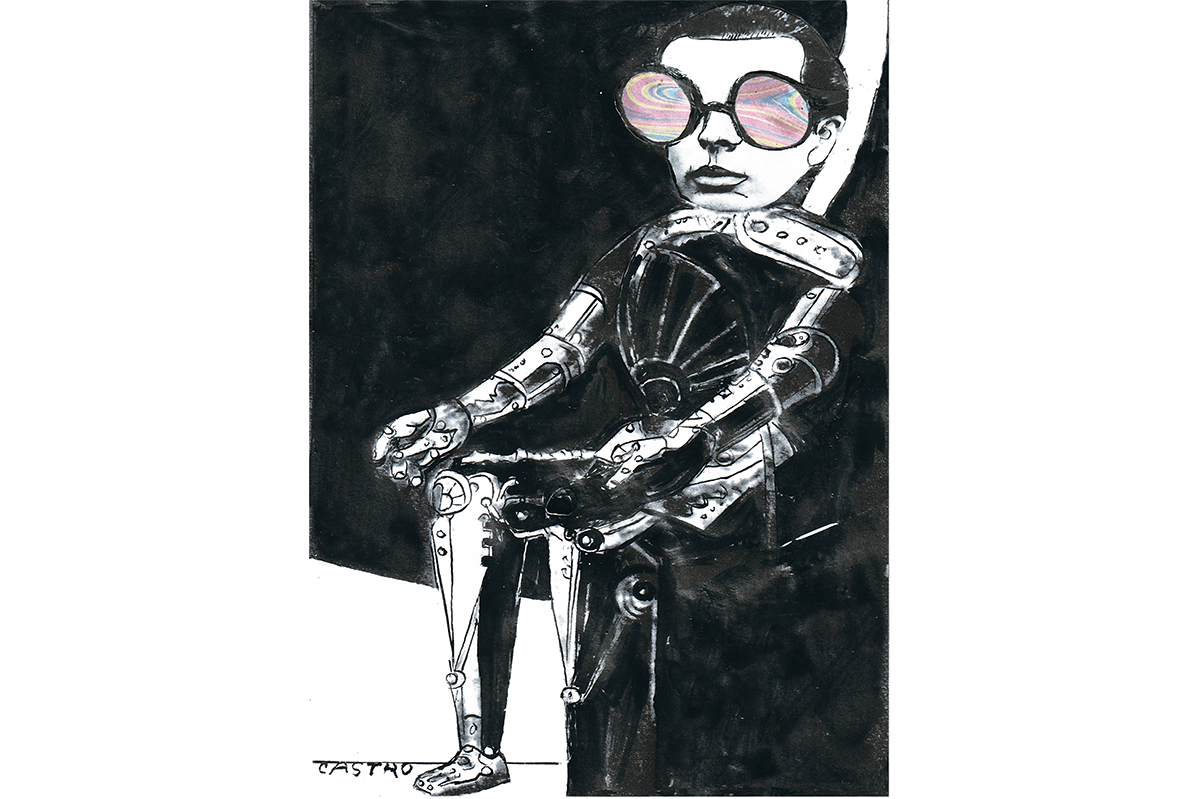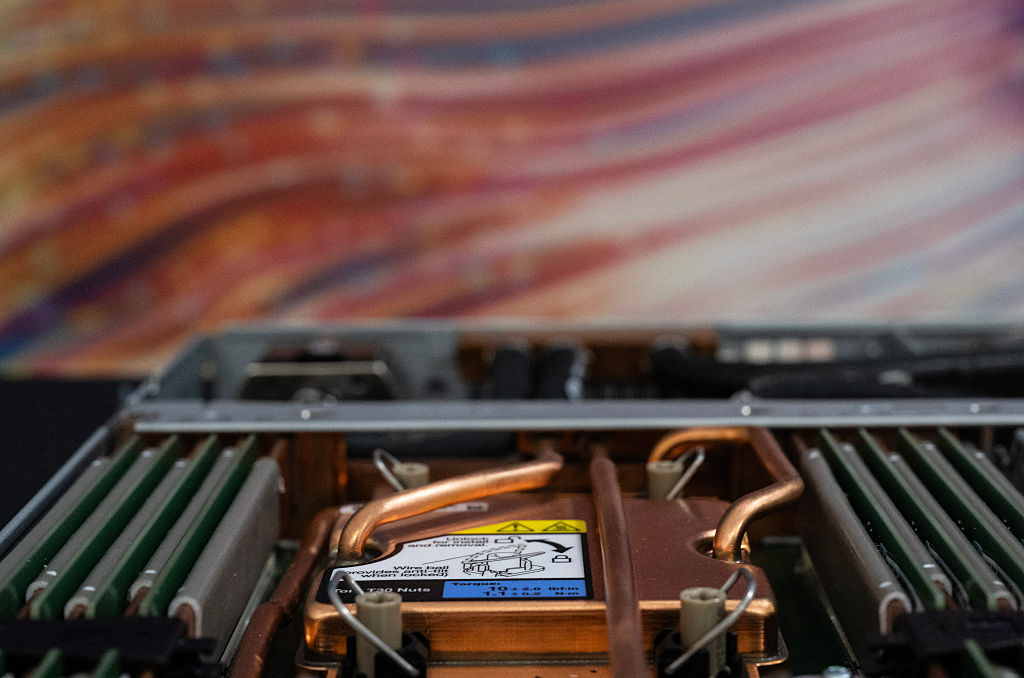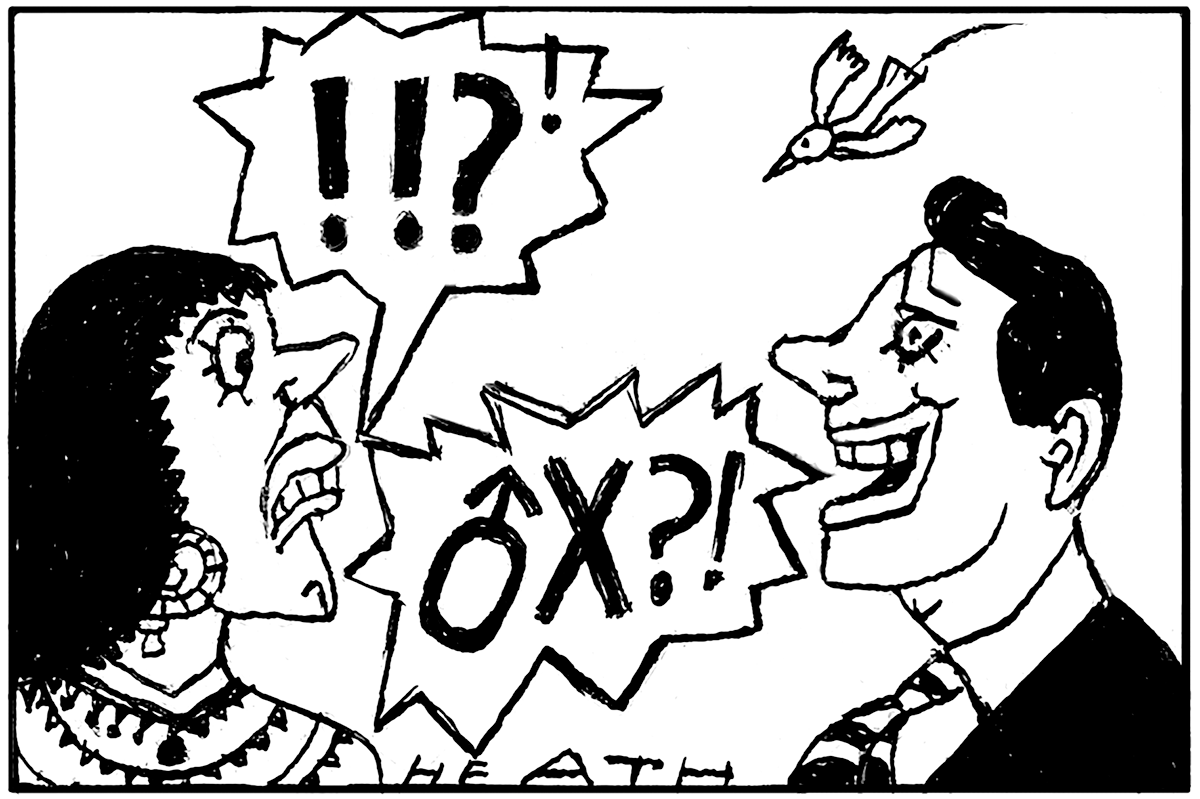There’s a bit of moviegoing conventional wisdom that says January is the dumping ground for Z-list schlock films, all the genre fare not good enough for the holiday or summer seasons. And that’s why M3GAN — directed by Gerard Johnstone, and boasting story and production credits from legendary horror/thriller director James Wan — is such a pleasant surprise. It’s a nasty little cinematic bonbon packed with memorable images, and one that manages to say a few interesting things about modern life.
After eight-year-old Cady (Violet McGraw) witnesses her parents’ deaths in a horrific auto accident, she’s sent off to live with her single aunt Gemma (Allison Williams). Gemma is a high-powered computer scientist who works for “smart toy” manufacturer Funki, best known for its line of interactive Furby-style pets. She’s also a remarkably bad surrogate mother — chastising Cady for taking “collectible toys” off her shelves, reading bedtime storybooks off her phone, and abandoning Cady for hours in the run-up to a product demo.
Of course, that’s because Gemma is on the verge of a technological breakthrough. Enter the Model 3 Generative Android — M3GAN for short — a life-size humanoid robot with an eerily lifelike appearance and an adaptive AI module that allows her to adapt to her “primary user.” Under Gemma’s tutelage, M3GAN quickly becomes Cady’s closest friend, confidant, and mentor, leading to Cady’s near-miraculous recovery from her terrible bereavement. But this is a sci-fi horror movie, and M3GAN’s digital consciousness inevitably develops in some rather disturbing ways.
Like all good sci-fi — and all good horror — M3GAN is a social parable beneath its sleek surface. In the age of GPT-3, one might have expected that M3GAN would be a film about the threat of artificial intelligence and machine learning, with M3GAN interpreting her directive to “protect Cady” in ever-more-bizarre, logic-chopping ways. (That’s exactly how many of Isaac Asimov’s best stories played out, with robots philosophically stress-testing the limits of his famous “Three Laws of Robotics.”)
But that’s not really what M3GAN is about. Beyond any straightforward “tech panic,” the movie is an exploration of parents’ temptation to outsource their children’s entertainment and upbringing to screens (and not just any screens, but internet-connected screens that funnel the seamiest dimensions of society straight into suburban households). Why settle for time-intensive labors of love when they can be optimized away with the right gadgets?
Indeed, in her most satanic moments, M3GAN taunts Gemma by reminding her that she is a successful career woman, one who never really needed a child anyway. So why not simply hand off Cady to M3GAN for good? It’s a biting statement of the vaguely antinatalist sentiments percolating in today’s coastal cities, many of which now feature more dogs than babies.
All of this makes for an interesting choice of emphasis, given that the film is clearly targeted not at parents, but at Gen Z. M3GAN engages in plenty of bizarre (and quite funny) behavior — like singing Sia’s “Titanium” as a lullaby, in a voice eerily reminiscent of Portal’s GLaDOS, or busting out TikTok-ready dance routines — that will live eternally in meme format.
So why lay such stress on themes of parenthood, in a flick that few thirty- and forty-somethings will make it to theaters to see? Perhaps Gen Z is self-aware enough to recognize its own besetting technological vices — or perhaps a story like this one offers a way to externalize blame, to see in one’s own childhood a succession of M3GANs and the resultant parental neglect.
In any case, M3GAN is a wickedly fun Annabelle-meets-Black Mirror mashup that’s far more entertaining than it has any right to be. This one deserved better than the January chopping block.



